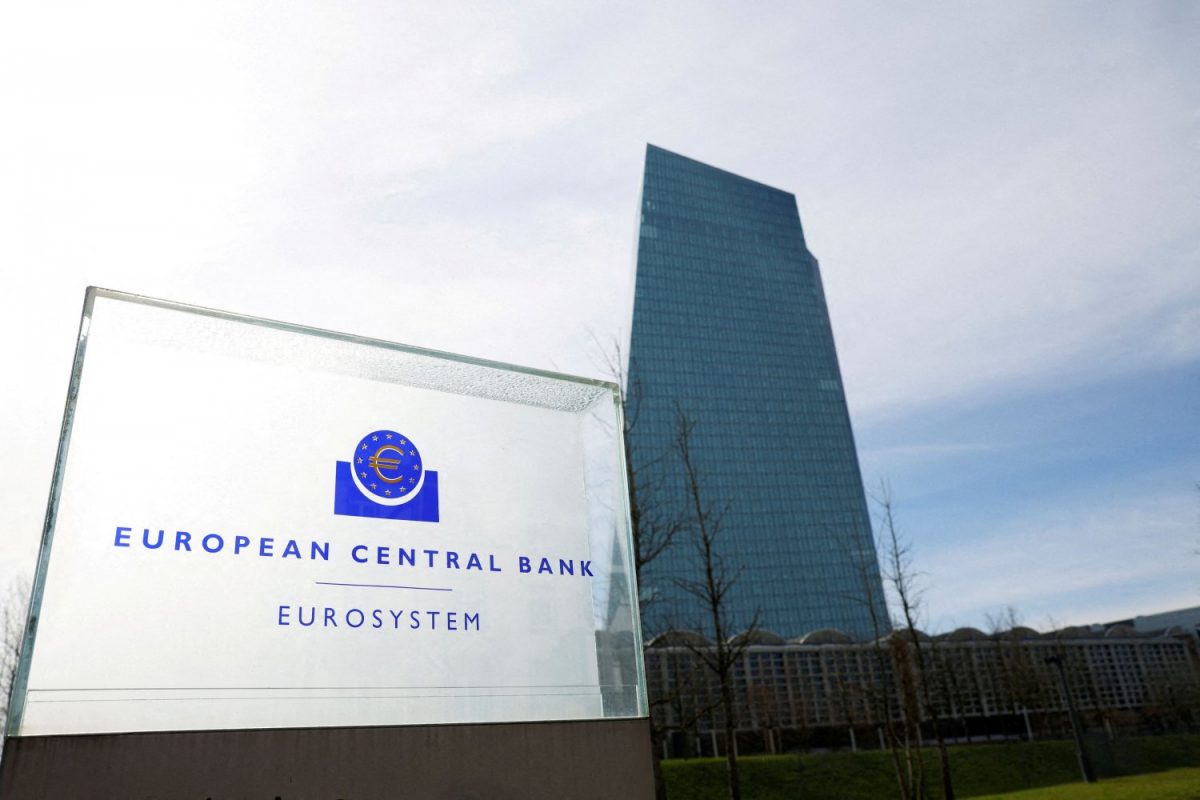(OSV News) — Poor and vulnerable people must be at the center of climate change policies, said two bishops of the US Catholic Church and the director of the US Church’s international humanitarian agency, in a statement issued ahead of the annual United Nations climate meeting.
COP 29 was scheduled to be held from November 11 to 22 in Baku, the capital of Azerbaijan. The COPs, named after the “Conference of the Parties” that signed the original 1992 agreement, are held within the framework of the United Nations Framework Convention on Climate Change (UNFCCC), which came into force in 1994. and currently has 198 parts (197 countries plus the European Union).
“The impact of climate change policies on the poor and vulnerable must be at the forefront of the minds and hearts of the leaders and influencers who gather at the conference,” said Metropolitan Archbishop Borys A. Gudziak of Ukrainian Catholic Archdiocese of Philadelphia, chair of the United States Conference of Catholic Bishops’ Committee on Domestic Justice and Human Development; Bishop A. Elias Zaidan of the Maronite Eparchy of Our Lady of Lebanon, president of the International Justice and Peace Committee of the bishops’ conference (known as USCCB); and Sean Callahan, president and CEO of Catholic Relief Services (CRS), said in a joint statement on Nov. 8.
“Pope Francis has stressed the care of our land in his encyclical ‘Laudato Si’, and has also emphasized the care of the poor and the marginalized,” they said. “It is our prayer that this will be a priority at the center of deliberations on climate change.”
Among the key priorities of COP 29 are securing a new target on climate finance, ensuring that all countries have the means to take much stronger climate action, dramatically reducing greenhouse gas emissions and building resilient communities, according to the UNFCCC website.
Additionally, the meeting will evaluate countries’ national climate plans to ensure they are “economy-wide,” focus on phasing out fossil fuels, and ensure the world stays on track to limit global warming — the long-term warming of the Earth’s surface due to human activities causing climate change — to 1.5 degrees Celsius (2.7 degrees Fahrenheit) above pre-industrial levels, in compliance with the 2015 Paris Agreement.
Simon Stiell, executive secretary of the UNFCCC, said in an October 8 video posted on the UN Climate Change YouTube channel that COP 29 “is a vital moment for the world,” adding that “this transition is not must leave no one behind.”
COP 29’s work towards a new financing target — formally known as the “new collective quantified climate finance goal,” or NCQG — must be shaped by “the needs of poor people and countries.” said the statement from Archbishop Gudziak, Bishop Zaidan and Callahan.
“Unfortunately, loans to address climate policy have represented an excessive share of climate finance,” they stated. “This should be avoided in the future.”
His statement emphasized: “Because of the blessings God has bestowed, the United States has a special responsibility to shape these discussions to serve the entire human family.”
At the same time, they stated that the negotiation of such financing should balance ambition with standards of accountability and transparency to prioritize the most vulnerable, while achieving the greatest impact.
“The poor and vulnerable are the most affected by intensifying disasters, so adopting effective investment strategies for adaptation is a matter of justice,” their statement added. “Although proven resources and technologies already exist to withstand many natural and man-made disasters, unfortunately they are often a privilege for the rich.”
The adaptation needed to confront these climate challenges “benefits developed and developing nations alike,” saving lives and protecting ecosystems, states the statement by Bishops Gudziak, Bishops Zaidan and Bishops Callahan. . Not doing so, they stressed, has in many cases been more costly than “the costs of building resilience.”
“May COP29 contribute to the health and healing of our common future,” they stated.
Gina Christian is a multimedia reporter for OSV News. Follow her on X (formerly Twitter) @GinaJesseReina


